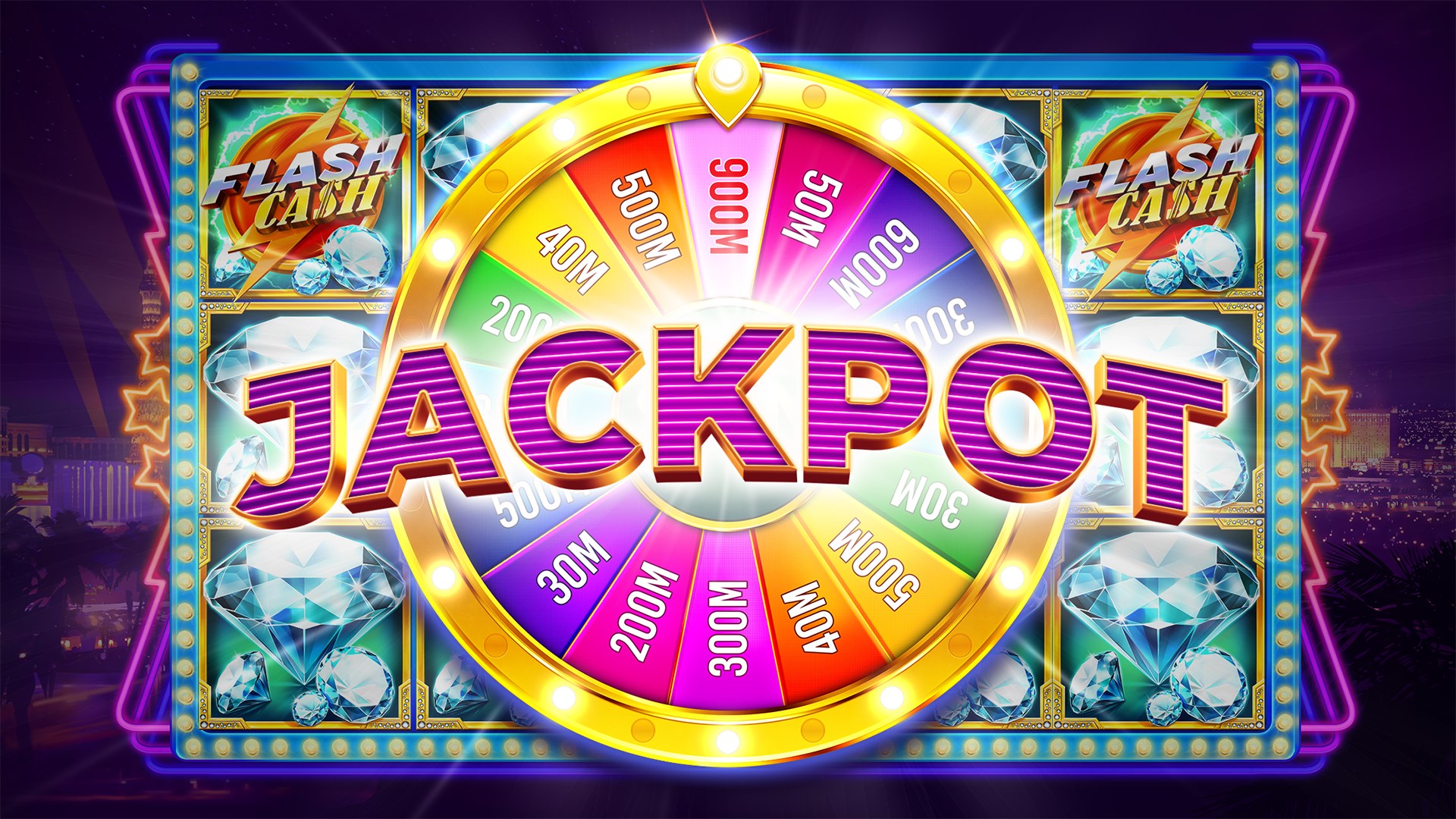Casino entertainment have long been a significant aspect of human culture, offering not just entertainment but a fascinating reflection of our dreams, wishes, and concerns. From the spinning reels of a slot machine to the skill-based strategies of poker, these games encapsulate a variety of human sentiments and incidents. At their core, casino games are more than a chance to make profits; they are a reflection of life itself, where risk and reward merge and fortunes can change in an eye blink.
As players gather around tables or sit in front of vibrantly illuminated machines, they take part in a ritual that transcends mere playing. These games mirror our innate desires for relationships, excitement, and the quest for chance. They also reveal deeper truths about human behavior, such as our relationship with chance and the excitement of uncertainty. In exploring casino games, we discover not only the nuances of play but also the complex weave of the human story, showcasing our woven narratives of goal and reality.
The Mind Behind Gambling
Gambling is intrinsically connected in the psyche of individuals, appealing to various emotions and desires. The thrill of risk-taking is a core aspect that draws players in, whether it’s thrill of spinning a roulette or the excitement of drawing a winning hand in a poker game. non GamStop casino This rush of adrenaline is frequently likened to other forms of thrill, as the unpredictability of outcomes triggers a unique psychological response. Players often become entranced by the chance of striking it rich, leading to an almost magnetic draw toward casino games.
Additionally, an essential component of the psychology behind gambling is the concept of optimism and aspiration. Players often indulge in dreams of financial freedom and the opulent lifestyle that can accompany winning. This hope fuels their ongoing participation in casino games, as it provides a sense of meaning and the conviction that a transformative win could be just one bet away. The story of beating the odds and achieving success resonates with many, reinforcing their commitment to play and engage with these games.
Lastly, social aspects play a significant role in gambling psychology. Gambling venues are designed to promote social interaction, where players gather to share the journey of wins and losses. This shared aspect not only enhances enjoyment but also influences behavior, as individuals often mimic the actions of others in their vicinity. The collective approval found in mutual thrill can magnify the emotional experience, making casino games a mirror of not just personal desires but also shared involvement within the gambling community.
## The Dual Nature of Risk and Reward
Gambling games embody the subtle balance between risk and reward that resonates deeply with human nature. The rush of placing a bet is often accompanied by a rush of adrenaline, as participants are confronted with the prospect of a huge payout, yet fully aware of the potential to suffer losses. This bipartisan experience reflects a core aspect of life: the decisions we face often come with built-in risks, and the pursuit of reward can push us to make risky moves we might not normally consider. In this way, gambling activities mirror real-world decisions, enticing gamblers to gamble not just their capital, but also their aspirations.
The allure of grand jackpots and winnings fuels a feeling of positivity, motivating gamblers to dream of a better future that could arise from a single victorious spin of the wheel or turn of a card. This positive outlook can compel individuals to engage in greater risks, urging them to take greater risks in search of monetary success. However, just as in life, the results of these risks can lead to both triumph and failure. The stories of both big winners and those who have faced losses everything at the casino demonstrate the random nature of luck and its consequential effect on our existence.
Ultimately, the experience of engaging with casino games serves as a potent reminder of the human condition. Every game played is loaded with the tension of ambiguity, as gamblers weigh the rewards against the dangers. This balance not only highlights the excitement that comes with gambling but also exposes the vulnerabilities that come with the longing for more. As we journey through the complexities of decision-making and results in both the casino and in life, we find that the search for benefit shapes our character and journeys in profound ways.
Culture and Isolation in Gambling Environment
Casino culture is a special blend of communal engagement and personal pursuit, reflecting the contrasts of human experience. Gamblers often gather around games, experiencing in the excitement of the action, rejoicing in wins, and commiserating over losses. This communal aspect is vital, as it creates a sense of belonging and camaraderie among varied groups of people. Regular visitors to casinos may build friendships and develop routines, turning the gambling venue into a alternative home where they feel linked to a greater community of players.
However, the allure of casino games can also lead to loneliness. As players become immersed in the thrill of playing, they may isolate from personal relationships or neglect to interact with the world outside the gaming space. For some, the pursuit of a jackpot can overshadow real relationships, leading to isolation. The situation of being among people yet experiencing solitary is not uncommon, as the attention shifts from shared enjoyment to the individual stakes of each player’s path.
This interaction of community and solitude creates a rich mosaic that defines gaming atmosphere. It showcases the complexity of human interactions, where joy and despair exist together. Gambling venues serve as both a refuge for social interaction and a stage for individual challenges, demonstrating how intimately entwined our yearning for connection and the personal quest for wealth can be. In navigating this landscape, players confront their own narratives—seeking both the rush of the wager and the companionship of fellow players, ultimately mirroring the wider spectrum of individual experience.
